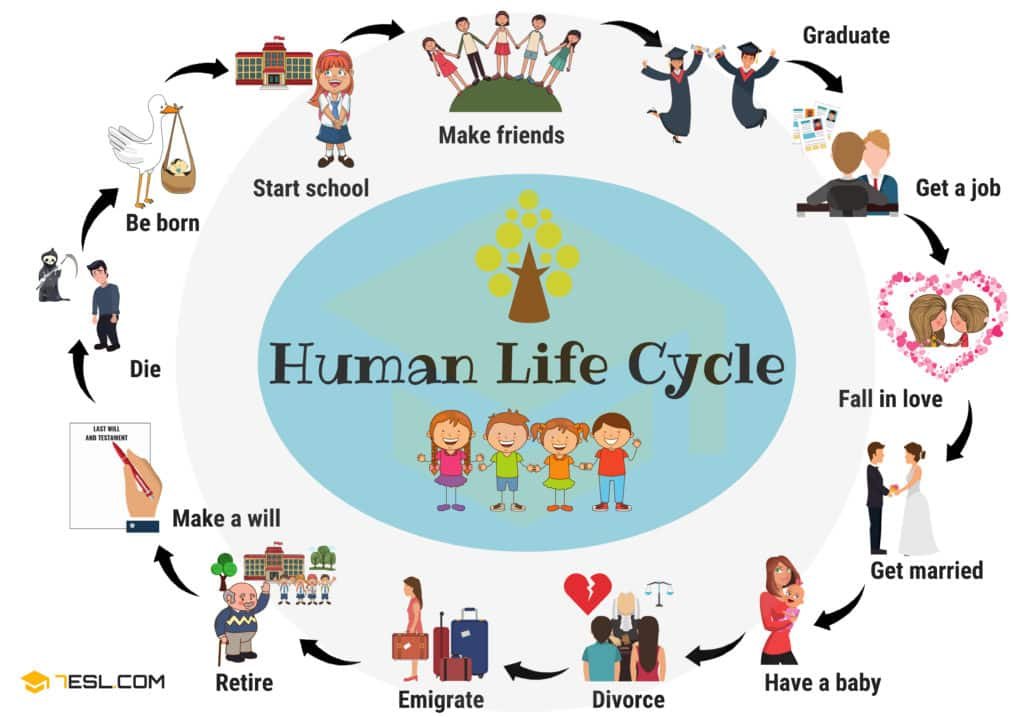The ‘Wed-in-India’ Trend: Why Domestic Destinations Are Surpassing International Hotspots by Akarsh Mathur, General Manager at The Deltin Daman
/For years, destination weddings in Europe or Southeast Asia were seen as the ultimate mark of aspiration for Indian couples. Yet today, a noticeable shift is underway. More and more families are choosing to host weddings within India, and the reasons go beyond convenience. Economic growth, cultural pride, social media influence, and government support are converging to make domestic destinations not just an alternative but the preferred choice. The outcome is a thriving wedding tourism sector that is reshaping how Indians celebrate life’s most important milestone.
India’s appeal begins with the sheer diversity of venues on offer. Couples can exchange vows in royal palaces in Rajasthan, host cocktail nights on the beaches of Goa, or celebrate amidst the tranquil backwaters of Kerala. Every region provides a unique setting, allowing weddings to reflect both grandeur and individuality. Lesser-known locations such as Daman, Khajuraho, and Mussoorie are also drawing attention, offering distinctive ambiences that feel fresh yet rooted in Indian heritage. The variety available ensures that couples can find something to match not only their aesthetic preferences but also their budgets, creating backdrops that rival anything abroad.
The economics behind this trend are equally compelling. India’s wedding industry is estimated at around $130 billion, already larger than many international markets. Rising disposable incomes mean that millennials and Gen Z couples are willing to spend significantly on weddings, but they want that investment to reflect their identity and values.
Choosing a domestic location keeps money within the country, circulating across a vast ecosystem of florists, caterers, designers, photographers, and hospitality providers. Families also recognize the value in supporting local businesses while ensuring that their money goes further, delivering scale and quality that international options often cannot match.
Celebrity culture has amplified the shift. Bollywood weddings at palatial hotels and heritage forts set aspirational benchmarks, while the visuals flood social media, influencing millions.
Couples no longer see Europe’s castles or Thailand’s resorts as the pinnacle of glamour. Instead, they find inspiration in photoshoots at Udaipur’s lakeside venues or Jaipur’s ornate courtyards. In an era where Instagram posts carry as much weight as personal albums, the photogenic quality of Indian locations is irresistible. Every mandap framed against centuries- old architecture or sunset coastline becomes content that validates the choice to stay local and inspires the next wave of weddings.
Cost and convenience add another layer of appeal. Destination weddings abroad can involve unpredictable expenses, complicated logistics, and stress over visas, currency exchange, and transportation. By contrast, Indian resorts and hotels increasingly offer all-inclusive packages covering décor, catering, and guest accommodation. This predictability makes weddings easier to plan and often more affordable at a comparable level of luxury. Families can focus on celebrating rather than troubleshooting international travel issues, while guests enjoy smoother participation without the hurdles of passports and flight connections.
The Indian government has also recognized the potential of wedding tourism. Initiatives like “Wed in India” are actively promoting domestic venues, highlighting heritage properties, and streamlining processes for families. The campaigns are designed to keep billions in outbound spending within the country, boosting both tourism and hospitality. States are competing to position themselves as wedding hubs, improving infrastructure, offering incentives, and showcasing cultural experiences that can be woven into ceremonies. This official backing reassures couples and planners that India is not only capable of hosting large-scale celebrations but eager to do so with professionalism.
Beyond economics and logistics, domestic weddings align with the emotional fabric of Indian families. Weddings here are not just about two individuals but about extended kinships and communities coming together. Hosting celebrations in India ensures that rituals and customs remain authentic and accessible. Elderly relatives, who may struggle with international travel, can comfortably attend. Large guest lists, often stretching into hundreds, become manageable when families are not constrained by international caps or costs. The result is a stronger sense of connection and cultural continuity, something that cannot always be replicated abroad.
Sustainability adds yet another dimension. Flying hundreds of guests overseas creates a significant carbon footprint. Domestic weddings reduce that impact while channeling spending into local economies. Many couples are now consciously choosing venues with eco-friendly practices, from reducing single-use plastics to supporting community artisans for décor and gifts. This alignment with responsible tourism reflects a generational shift where values matter as much as visual appeal. Celebrations become an opportunity to create social impact, marrying personal joy with collective responsibility.
Innovation within India’s wedding industry has further cemented the shift. Professional planners, equipped with world-class technology and design expertise, are offering highly personalized experiences that rival global standards. Couples can choose themes ranging from minimalist chic to traditional opulence, complete with digital invitations, drone photography, and interactive guest engagement. Luxury fashion, custom décor, and culinary experimentation are all available at scale, with the flexibility to adapt to every budget. The combination of cultural richness and modern innovation makes domestic weddings a compelling blend of heritage and progress.
Taken together, these factors explain why domestic destinations are outpacing international ones in popularity. India offers an unmatched mix of beauty, convenience, economic value, and cultural depth. What once required a foreign stamp on the passport is now proudly found within the country’s borders. Couples are not just saving money or simplifying logistics, they are redefining what aspiration means in a globalized yet locally rooted era.
The “Wed in India” trend signals more than a preference; it is a statement of confidence in India’s heritage, economy, and future. And as the industry continues to expand, domestic weddings are likely to remain the gold standard for celebrating love in the world’s most vibrant democracy.
Akarsh Mathur, General Manager at The Deltin Daman




































































